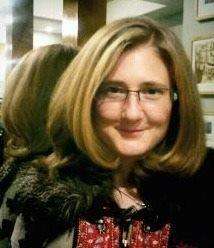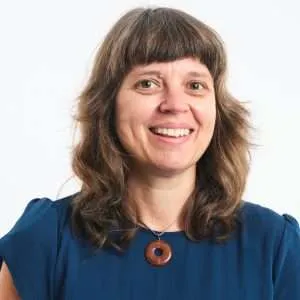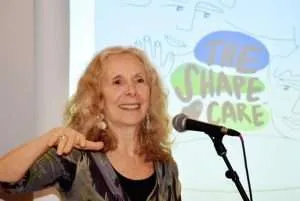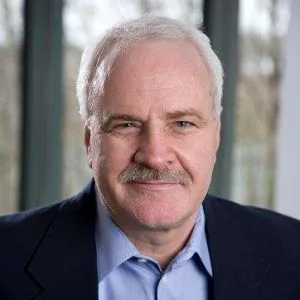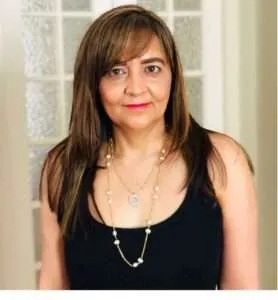Editorial Note:
This profile of Kate Butler, PhD is brought to you through a partnership between Applied Worldwide and the Canadian Sociological Assocation’s Applied Sociology Research Cluster. Thank you to CSA and all those who made valuable contributions to the Profiles in Applied & Clinical Sociology series.
This profile is presented as part of a larger project with the intentions of: 1) providing students with examples of applied sociology, 2) providing market value to sociological skills and services, and 3) promoting the work of individual sociological practitioners and organizations.
Kate Butler, PhD
Kate Butler began her sociological career with earning her bachelor’s of arts degree, with honors, from Queen’s University in Kingston, Ontario. She later went on to earn a master‘s of arts degree from Ryerson University in Toronto and finally her Ph.D. from the University of Victoria. As a practicing sociologist, she now does consulting work around child rights, specifically working to empower young people to realize their rights. Dr. Butler established her consulting network through working with a number of NGOs, making contacts, and continuing work with those people. You can connect with Dr. Butler on Twitter and LinkedIn.
When we asked Dr. Butler to briefly describe the work she does as an applied sociologist, she told us:
I work in the non-profit world as a child rights educator and advocate. I have worked at numerous NGOs in Canada, and have worked on project design, research & policy, and strategic direction as it relates to the realization of the rights of vulnerable populations. I use participatory arts-based methods with children and youth to support them as they pursue the realization of their rights. I also conduct focus groups, do qualitative interviews, and engage in interviews & conversations with key informants.
Kate Butler, PhD
Read the full interview with Dr. Butler below for more insight from her professional life!
Using Sociology in Practice
In general, how do you use sociology in practice?
I’m always interested in understanding the general in the specific, and the specific in the general.
How do you use sociological research methods in practice?
I do qualitative research regularly in my work. I also analyze quantitative data, and collect it using survey tools.
How do you use sociological theory in practice?
I use theory all the time as I think about the ways we can develop programs, and contribute to the broader discussions about sociology.
Lessons for Future Practitioners
What types of courses should undergraduate students take in preparation for a career similar to yours?
Methods courses! They prepare you for so much.
What types of courses should graduate students take in preparation for a career similar to yours?
Methods courses & also anything to do with human rights.
What types of experiences should undergraduate students seek in preparation for a career similar to yours?
If you can do an internship or coop at an NGO, that is a great way to get practical hands-on experience.
What types of experiences should graduate students seek in preparation for a career similar to yours?
Try to work outside the university to meet others who are interested in your field.
More generally, what are the best outlets to learn more about the work you do as an applied or clinical sociologist?
Check out my organization: https://thehelixfoundation.ca
How would you describe the daily life of an applied or clinical sociologist?
It’s interesting and varied but you have to be willing to write a lot of grant applications, and chase down interesting leads and people.
What advice do you have for aspiring applied and clinical sociologists?
Never be afraid to ask for help!


